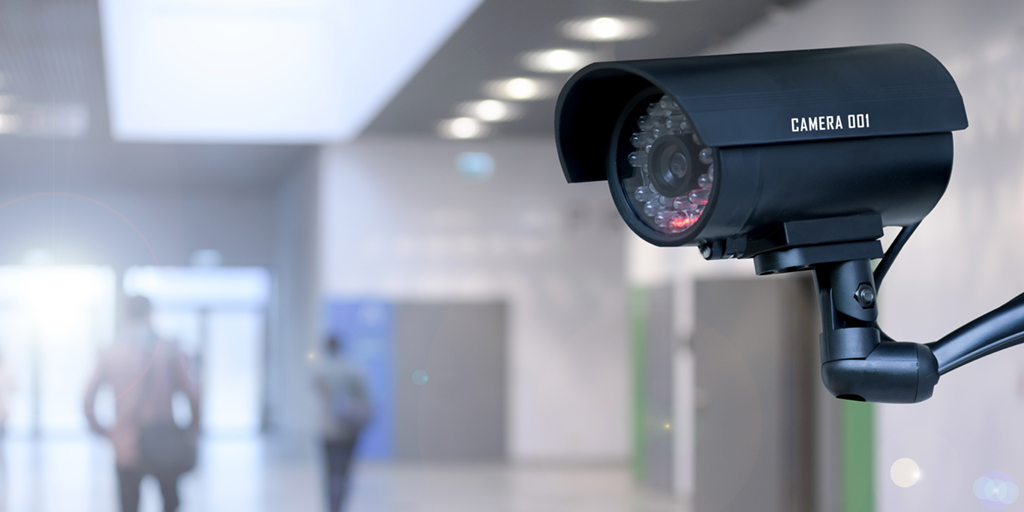Kelly Bielefeld

Recent Posts
In The World is Flat, economist Thomas Friedman explains how technology can level the playing field in many industries. His Brief History of the 21st Century was ironically published in the 4th year of that century. The commentary was much more of a “looking forward” than a history, but it does frame the ideas in the context of the historical progress that has come before us. His thesis was simple: technology will act as a “leveler” in the 21st century. Technology allows an even, level, or “flat” playing field for economies across the world. Once individuals have access to the world wide web, they have access to markets all across the globe.
We have seen his vision of the future play out in many different industries. Take renting a hotel room for example. Vendors like VBRO and AirBNB have allowed “hotels” to pop up all over the place and access to these hotels to be controlled in a much different way. Uber and Lyft have done the same thing to the transportation industry.
Classrooms have been flattened too. I’m not sure most educators have realized it, because we don’t see the outcome in the same way. Now that curriculum is accessible, in essence, for free from a computer, any parent who has the time is able to homeschool their student. Additionally, students can take courses from teachers all around the globe. Adaptive learning programs now allow the student to learn at their own pace and will challenge them at their exact level of learning. The “market” that schools had on education has changed, how have classrooms adapted to change with it?
Topics: tips for teachers
As a teacher, you have been through all the training. You buy into it, you embrace it, you are as “trauma informed” as possible. You know about ACEs, toxic stress, and restorative justice. Your classroom reflects all of the best practices that we know. You always ensure that Maslow comes before Bloom and you know that in order to learn students must have the executive functioning capable of doing so.
And it works. You have seen it work and have seen students make great strides in every aspect of their schooling: attendance, behavior, academics, and social skills. You are a believer.
Until the new student arrives.
Topics: tips for teachers
Which works better for students...competition between peers to motivate them to try harder or cooperation between them in order for them to learn from one another. This has been a bit of a “debate” in the education world, which I feel is unfortunate.
This kind of “either/or” thinking is very common in our country right now. You are either “red” or “blue.” You are either “woke” or lost in the past. You are either a “believer” or you are not. There are many reasons for these stark divisions we see in our world and the “either/or” mentality is one that is prevalent amongst many people. It even happens in education...think about the phonics vs. whole language debate, the direct instruction vs. constructivist learning debate, or the controversy of whether students should learn cursive or not. Dichotomies like this can, in my opinion, be very harmful to really examining an issue.
Topics: tips for teachers
Technology tools abound to help schools increase safety and security. As districts try to evaluate which of these tools are the best and which areas are the highest priority, it can become confusing.
In my opinion, it helps to look at each of the four phases of school security to breakdown which areas might need the most attention the soonest. It also typically helps to invest in prevention and mitigation more so than response and recovery. The dollars spent in being proactive go a lot further than the dollars spent in the recovery phase.
Even though that might be the case, it is important to take a wide view when considering different technology options for school safety. Some of the ideas are very narrow and will only support certain situations, but other options (like surveillance cameras) can assist schools in a wide variety of areas.
Topics: Administrator Resources
In education, we often hear how we need to be more business minded. In the education world that is not always our natural inclination. And while I feel there is some truth to this, as evidenced in this article, I do believe it is worth saying that the model of public education is much different than most models found in the private sector.
That is not to say there aren't business principles that we could use to help improve the educational experience for students. I do think there are things to be learned from the “business world.” Marketing strategies are one of these principles.
Most of the time, we don't think about marketing when it comes to our schools. Every school is an essence in a competition for students. Because of this, telling the story of what makes us better than the alternatives is important. Schools where I have worked did not have large public relations budgets, or even personnel, but that is not to say there are ways that schools can make an impact when it comes to engaging and meeting the needs of their consumers.
Topics: tips for teachers
Keeping schools safe is the number one concern of everyone involved in education. Without safe classrooms and schools, students cannot learn. And if the worst were to happen, students can be lives can be threatened.
Schools have taken this very seriously as the number of violent incidents in schools has increased. Layers and layers of specific safety measures are now part of the day to day operation of schools.
The impact this has on students and teachers is probably a good topic for another time. For our discussion, it is important to note that state and national agencies have taken a much broader view of keeping our schools safer than some of the visible measures that impact the daily lives of teachers. This support has given school districts a framework for how to think about crisis planning.
Topics: Administrator Resources, tips for teachers
Teachers vacate positions and the teaching profession for many different reasons. In our region, teachers are hard to come by and positions are often difficult to fill. As a result, all schools should consider the best ways to not only recruit great teachers, but to also retain the ones that we already have.
As we start to think about how we could better retain teachers, we usually think first about our pay scale. Teacher contracts and pay scales are, for the most part, not very flexible. In larger urban areas, the market demand for teachers is much higher than the supply. Pay differences aren’t big enough to persuade teachers to come or to stay, so there must be other intangibles they can be used in order to recruit and retain the best of the best.
Topics: tips for teachers
There are so many “things” in a classroom. And no, we are not calling our students things. Consider all the supplies, textbooks, technology tools, cleaning supplies, and visuals on the wall—and this doesn’t even get us started on the living things in the room.
I have written in the past about how complex our classrooms are. This is a real challenge for our teachers and, I feel, adds to their stress, burnout, and sometimes their eventual departure from the profession. There are many solutions to help with this, but the one we will focus on for this article is automation.
Technology has allowed for us to automate more and more of our processes. The advantage of this is that we don’t have to think as much about the mundane and routine tasks that we need to complete. The disadvantage of this is that, at times, we think we can automate everything. Education cannot be automated—regardless of how strong the technology is. The relationship between a teacher and a student is the foundation of the student’s learning; without this relationship, learning can’t happen in the same way.
Topics: tips for teachers
There are some people in our country who claim that public schools have a monopoly on the educational market. I personally believe that nothing could be further from the truth.
Public schools are the primary means of educating students in the U.S. Despite this fact, the past decade has seen a significant increase in students attending private and charter schools or being homeschooled. According to the National Center for Educational Statistics (a division of the U.S. Department of Education), the number of students enrolled in public school has dropped from 74% to 69% since 1999. Enrollment for charter schools and homeschooling has increased during this time, while private school enrollment has remained relatively flat.
Topics: Administrator Resources, tips for teachers













